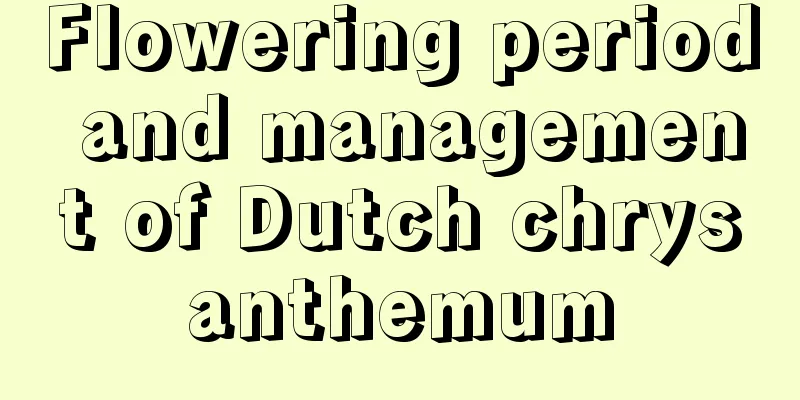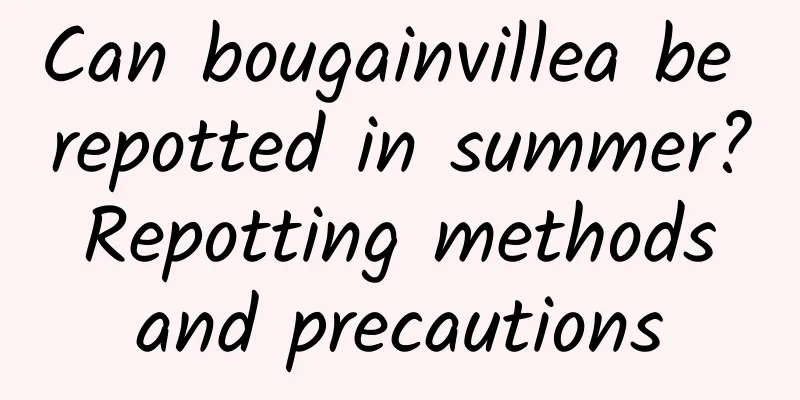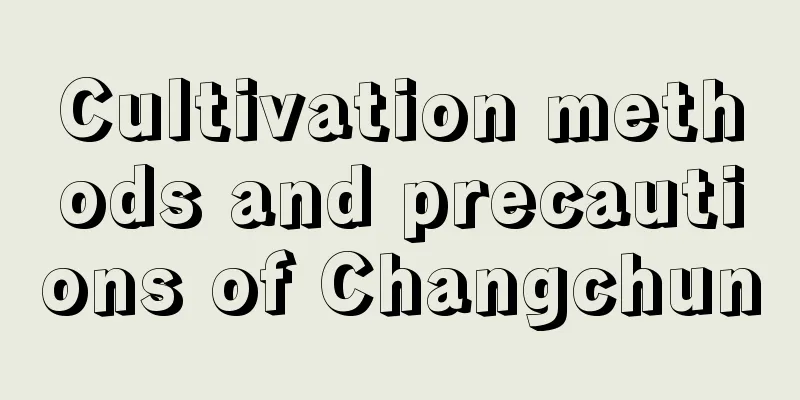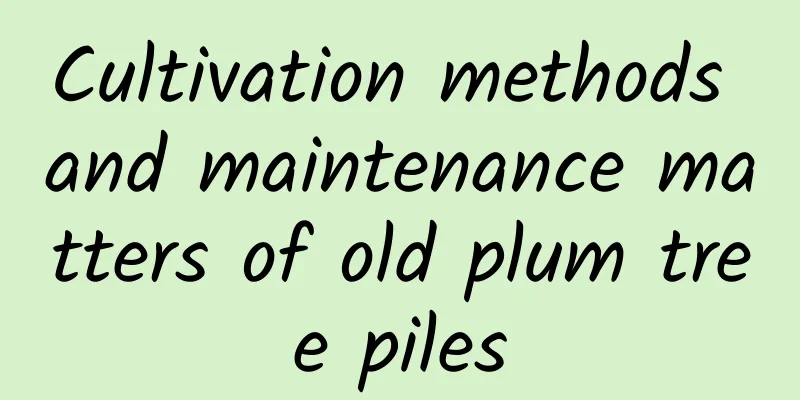How to make your own succulent granular soil economically and affordably (the simplest way to prepare soil for succulents)
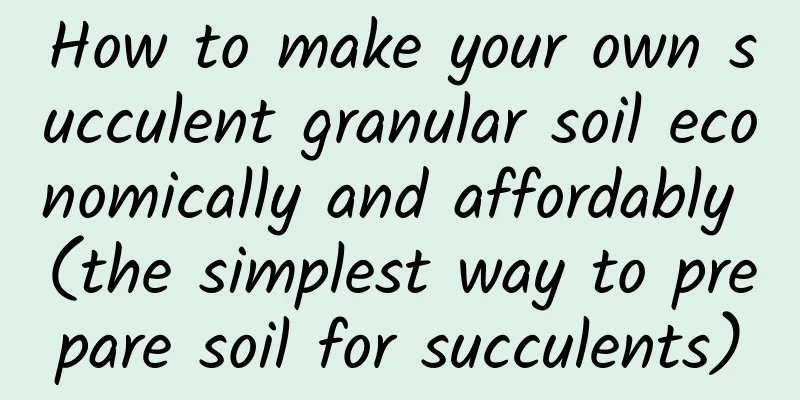
|
The small particles in honeycomb coal are excellent for growing flowers. They are better than the granular soil you buy, and they do not attract insects. Honeycomb coal particles can kill insects. You don't have to worry about the soil for growing succulents. The effect of mixing the small particles of honeycomb coal with the soil is absolutely very good. How to make your own succulent granular soilStep 1: BreakingSince honeycomb coal is in block form and very large, first use a claw hammer to break the coal into pieces. The smaller the better. After breaking them into pieces, step on them a few times until the block-like coal becomes small particles. Step 2: SievePut the crushed honeycomb coal into the sieve. If you have more than 20 pots of succulents at home, it is recommended to have a small sieve as a spare. It will definitely come in handy when sifting the soil. You can rinse it with water while drying it in the sun. Allow the powder in the sieve to settle in the basin of water. The powder will not be used, so pour it directly into the surrounding flower beds after passing through the sieve. After the powder is passed, pick out the "large particles" on the surface. The relatively large particles can be used as pot pads to increase the air permeability of the soil. For some old succulent plants, you can use large-grain honeycomb coal to pad the pot and use it as expanded clay, which is very practical. Step 3: Sun drying the soilPlace the small particles at the bottom of the sieve on the balcony to dry. The moisture in the small particles must be dried before they can be used. The remaining small particles are the essence of honeycomb coal, which can be mixed with soil to increase the air permeability of the soil. In addition to being mixed with soil, the small particles can also be used as "paving stones" for succulents, spread flat on the surface of the flowerpot to increase beauty and prevent pests. The paving stones that people usually use are medical stones, which are very expensive. The small particles in honeycomb coal can completely replace medical stones, and the effect of paving at no cost is more beautiful than that of medical stones. |
>>: What is the King of Grass? (Two reasons why alfalfa is the King of Grass)
Recommend
When is the right time to sow green vegetables?
Vegetable sowing time Green vegetables are a comm...
Can Vinca be hydroponically cultivated? Hydroponics cutting method
Can Vinca be hydroponically cultivated? Vinca can...
How to plant purple yam? Planting methods and techniques
Purple yam growth environment requirements Purple...
How to store durian
1. Refrigerator Peel off all the durian pulp, wra...
Can Endless Summer be planted in the ground?
Can Endless Summer be planted in the ground? Endl...
The difference between Hawaiian coconut and Areca palm
1. Leaf Difference The leaves of Hawaiian coconut...
How to take cuttings and graft the Dancing with Gagaku
1. How to take cuttings 1. Leaf cuttings: It has ...
What variety of cucumber is best for growing in dry land?
The dry cucumber is a special variety of cucumber...
The advantages and disadvantages of Tina roses, the growth characteristics and cultivation methods of Tina roses
Tina rose is a variety bred in Germany. It is a l...
When is the best time to plant edible lilies?
Edible lilies are generally the bulbs of lily bul...
How to grow Jade Plant in autumn
1. Sufficient water For Jade Plant, its growth pe...
Peony cultivation methods and precautions
1. Breeding methods 1. Watering: It does not have...
What are the cultivation methods and precautions of hibiscus
Hibiscus Introduction Hibiscus, also known as fro...
Iris growth environment conditions and characteristics
Iris growth environment conditions and requiremen...
Can a money tree survive without roots?
1. Can be plugged in If the money tree just has n...
